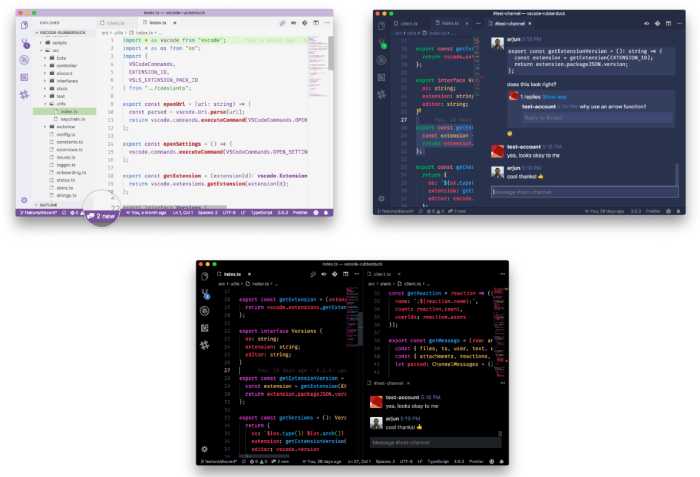

Apps have two scopes: They can work within the scope of a SharePoint site, as well as with a special SharePoint site called the App Catalog.App code never runs within the SharePoint host environment.Here are some important notes to be made on SharePoint Apps when compared with farm solutions: Unless there's a need to access highly secured entities in SharePoint, it's preferred to use apps over farm solutions with SharePoint 2013. SharePoint Apps have a number of advantages compared to the farm solutions when you consider the safety, scaling and integration of the deployment environment.

One of the important things to note is that a SharePoint App creates a sub-site of the site where the app is installed and supports creating lists, defining properties and so on. Provider-hosted Apps - Host the app externally from SharePoint and use all the options available with the Client-Side Object Model.SharePoint-hosted Apps - Host the app within SharePoint and use the JavaScript Client-Side Object Model.There are two development approaches to SharePoint Apps. What grew out of that was the need for a new concept that would allow developers to become more productive, efficient and have more freedom and, thus, SharePoint Apps. It had many issues and had to work under several code access security (CAS) policies. Apps for SharePoint (or, more simply, SharePoint Apps) provide some incredibly easy-to-build solutions for SharePoint-based environments, and they also offer wonderful opportunities for developers to market their apps in the Apps for SharePoint store.įirst, a quick background: SharePoint 2010 introduced the sandboxed concept, the predecessor to SharePoint Apps, but it offered limited access for developers at the site-collection level. App is the keyword when someone starts speaking about what's new in SharePoint 2013.


 0 kommentar(er)
0 kommentar(er)
